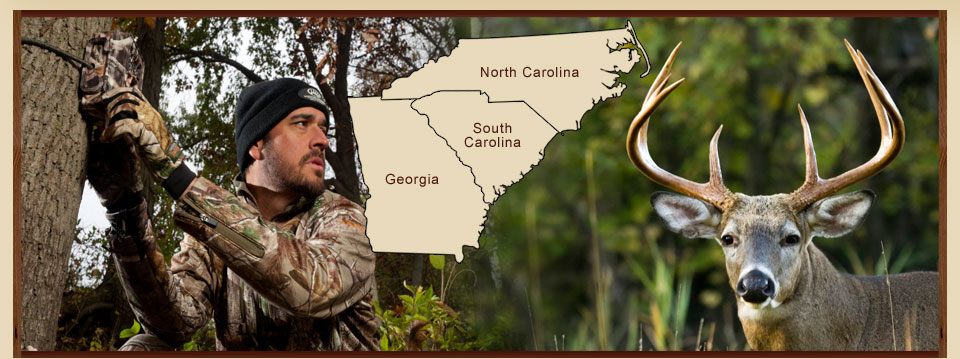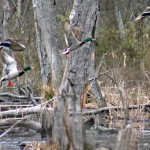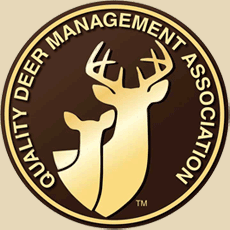Calling ducks is a skill and art that very few can master. Even fewer still master them to the level of competition duck calling. And even fewer still can call to listening judges and win competition duck calling contests and also be able to call ducks to the gun. As one competitor told me, “calling for competition and calling to kill ducks is two entirely different things. Many world champion callers cannot call ducks to a gun.”
For duck hunters, we want to be able to call ducks to our gun. We can care less about competition calling, we want to kill ducks plain and simple. Knowing how and when to call, what calls to blow and doing so efficiently is paramount to becoming a great duck hunter.
Like all things we want to excel at, it takes a lot of practice to be able to consistently call ducks into gun range. But there are some basic calls that most can become proficient at well enough to fool a few birds annually and add to the excitement of duck hunting.
Antonio ‘Duckman’ Jones of Stuttgart Arkansas is the 2011 World Duck Calling Champion and offers these tidbits of advice for calling ducks. “There are really only five calls hunters need to master.” He goes to explain that the rest of the calls known are mostly for competition and are seldom used in real world hunting. The five most common calls are listed below, and for hunters to move from waterfowl 101 to waterfowl 201 we must learn how to call the ducks we are hunting. Follow along as we discuss the five basic calls needed to consistently kill ducks.
- Basic ‘quack’: this call which is the most basic is also one of the most overlooked and seldom used. As simple as it sounds, the quack needs to be used, be clear and finish your note. Jones says that too many hunters are saying qua, qua, qua and leaving off the ending of the note. Finishing your note will help make the call more convincing. Hit the ‘K’ at the end and the call is far more effective.
- The Greeting Call: This call is used when you first see ducks at a distance, when you first spot them, start the greeting with a series of loud drawn our quacks that get faster towards the end of the sequence. QUAAAAACK, QUAAAAACK, QUAACK, QUAACK, QUACK, QUACK, QUACK. Then repeat.
- Feeding call: for me personally this is the hardest to master and even more difficult to use in the heat of the moment. This call is mostly used when the ducks are headed your way, maybe they have spotted your decoy spread and now you are trying to make them feel comfortable. “This is the most overused call in the series” Jones says, and “many hunters do not blow it correctly.” Jones adds. The feed call is to be used as a last minute coaxer to get the final commit and that’s it.
- Hail Call or High ball: This is one that really should be used only when you cannot see ducks anywhere along the horizon. It’s loud, and really reaches out there. Ducks that are flying in sight of your set will not like the volume of the Hail call, so use it sparingly. But when there are no ducks in sight, this is one that you will need to alert ducks you cannot see.
- Comeback Call: This is just like it sounds, ducks are coming in and for some reason get spooked and high tail it out of there, a quick blast on the comeback call will often turn the whole flock around for at least one more look. Often it will bring them right back and into the middle of your decoy spread.
Knowing when to blow the calls and doing so effectively will change your duck hunting and for hunters who enjoy calling game, having the success of ducks you calling into gun range really changes the thrill of the hunt. Waterfowl hunting is as addictive as any kind of hunting there is, for those who have a taste of the wetlands know that hunting ‘fowl’ is a fine way to spend most days.
If you want to hunt with Antonio Duckman Jones, he can be emailed at – [email protected]
www.duckmanjones.com





